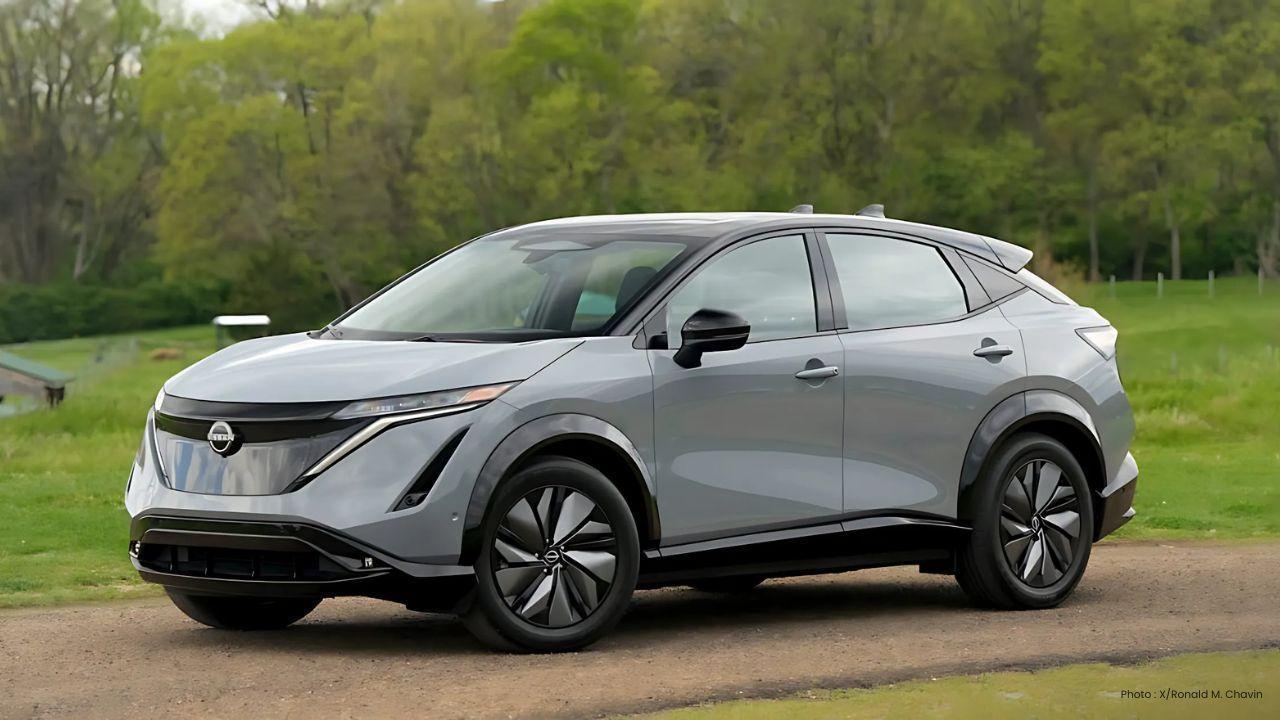
Post by : Avinab Raana
In a move that stunned many in the electric vehicle world, Nissan has announced that the Ariya- its all-electric SUV will be dropped from the U.S. lineup for the 2026 model year. Rather than lingering in the shadow of shifts in market policy, tariffs, and consumer demand, Nissan is recalibrating. The spotlight now turns to the all-new 2026 Leaf EV, which the company plans to position as its primary electric offering in hopes of capturing a broader slice of the EV market.
A combination of mounting pressures has pushed Nissan to make this tough choice. Import tariffs on vehicles built abroad have raised costs. The sunset of generous federal EV tax credits in the near future makes high-price EVs harder to sell. Even though the Ariya saw a modest sales uptick, its price, relative range, and charging performance couldn’t match increasingly fierce competition. More affordable, efficient, and better positioned EVs are swallowing up much of its potential market.
The Leaf, which has been part of Nissan’s EV legacy since its early days, gets a major makeover and new mission. Nissan plans to launch the 2026 Leaf with a starting price well under many current competitors, aiming to make it the most affordable EV option among branded new offerings in the U.S. The new Leaf promises upgraded battery tech, a more efficient platform, and better range, all while being lighter on the entry price, an offering tailored for a market pivoting toward value and practicality.
By halting Ariya production for the U.S., Nissan frees up resources, factories, supply chains, marketing dollars that will now go into the Leaf and its supporting ecosystem. Dealers will still have 2025 Ariya models available, and current Ariya owners won’t lose out on parts, service, or warranty support. But the signal is clear: Nissan is ready to double down on electrification, but only through vehicles that can compete on cost and relevance in a changing regulatory and commercial landscape.
External forces play a starring role. Import tariffs make cars built overseas pricier, especially when combined with thin margins from EV credits winding down. Consumers have shown sensitivity to price, range, and charging speed. Many newer EV rivals offer more range or faster charging than Ariya’s hardware could deliver. Regulations and consumer incentives in many states are shifting, favoring more affordable and efficient EVs. All this creates a squeeze: Ariya was caught between premium aspirations and a market more and more unforgiving of inefficiency.
For buyers, it means fewer choices, at least temporarily. Those who had been considering the Ariya may have to decide whether to buy now, wait for a Leaf, or look elsewhere. For Nissan, this shift could be a defining one. If the Leaf succeeds in capturing new buyers and delivering real value, Nissan could reposition itself from niche EV maker to mainstream contender. But if the Leaf misses expectations on price, battery performance, or dealer rollout, the brand could risk being seen as reactive rather than visionary.
Nissan isn’t saying that Ariya is dead forever. It’s “paused” for 2026 in the U.S., and future years might look different if tariffs ease, supply chains settle, or consumer demand swings back. Abroad, Ariya still has a role in Nissan’s global EV strategy. But the U.S. market now requires sharper focus, tighter margins, and faster execution. Ariya’s absence may simply mark a hiatus rather than a full exit, but that’s still a risky bet.
Nissan’s move is more than just model shuffling. It’s a signal that the EV market is entering a phase of consolidation. Not every vehicle can survive under current cost pressures, regulatory changes, and consumer expectations. The success of the 2026 Leaf might become a litmus test, not just for Nissan, but for how automakers adapt to the new norms of EV pricing, performance, and policy. Will the Leaf become a game-changer, or simply a survival story? Only time and charging network growth, battery availability, and regulatory winds will tell.
#trending #latest,#NissanEV #Ariya #2026Leaf #ElectricSUV #EVPricing #AutomotiveShift #CleanMobility #USCarMarket
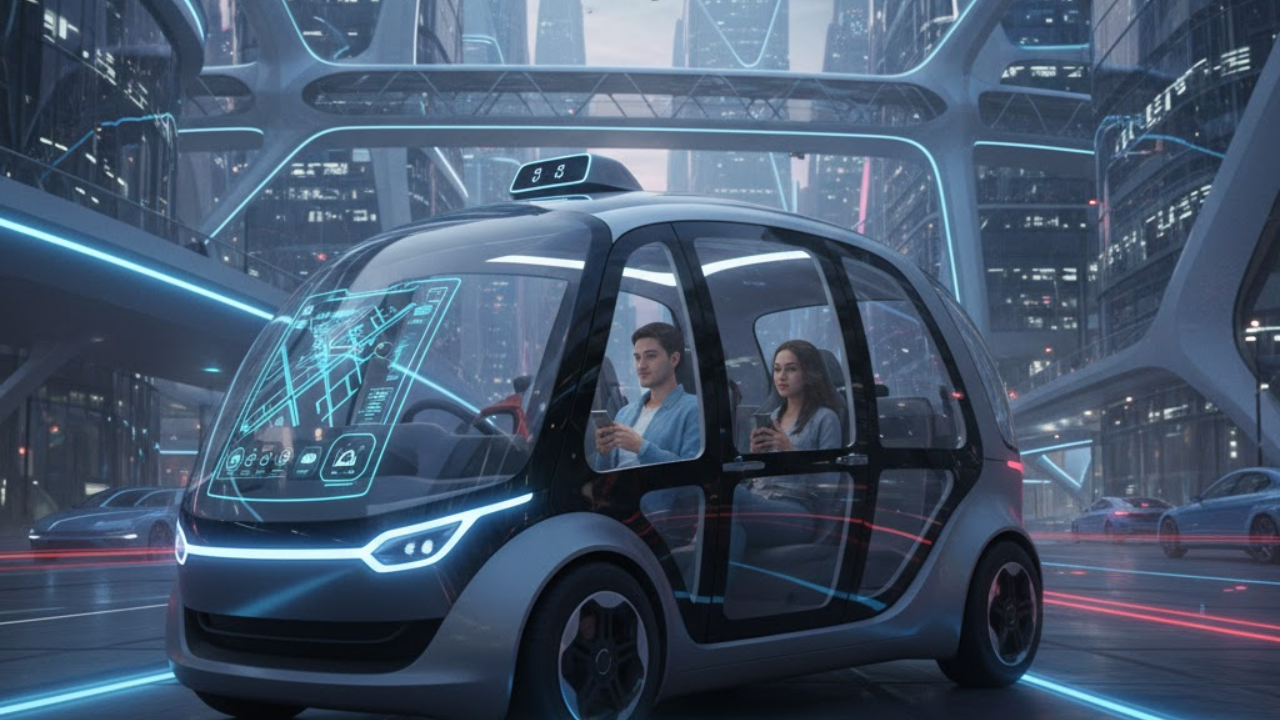
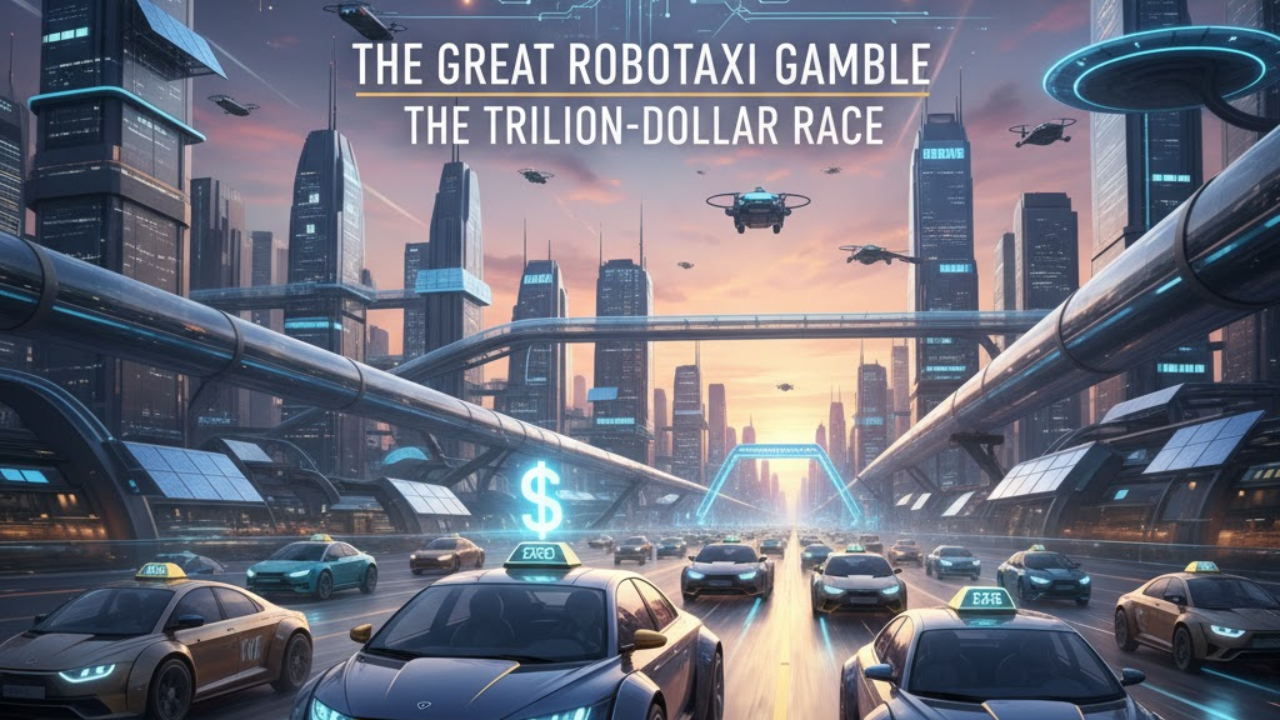

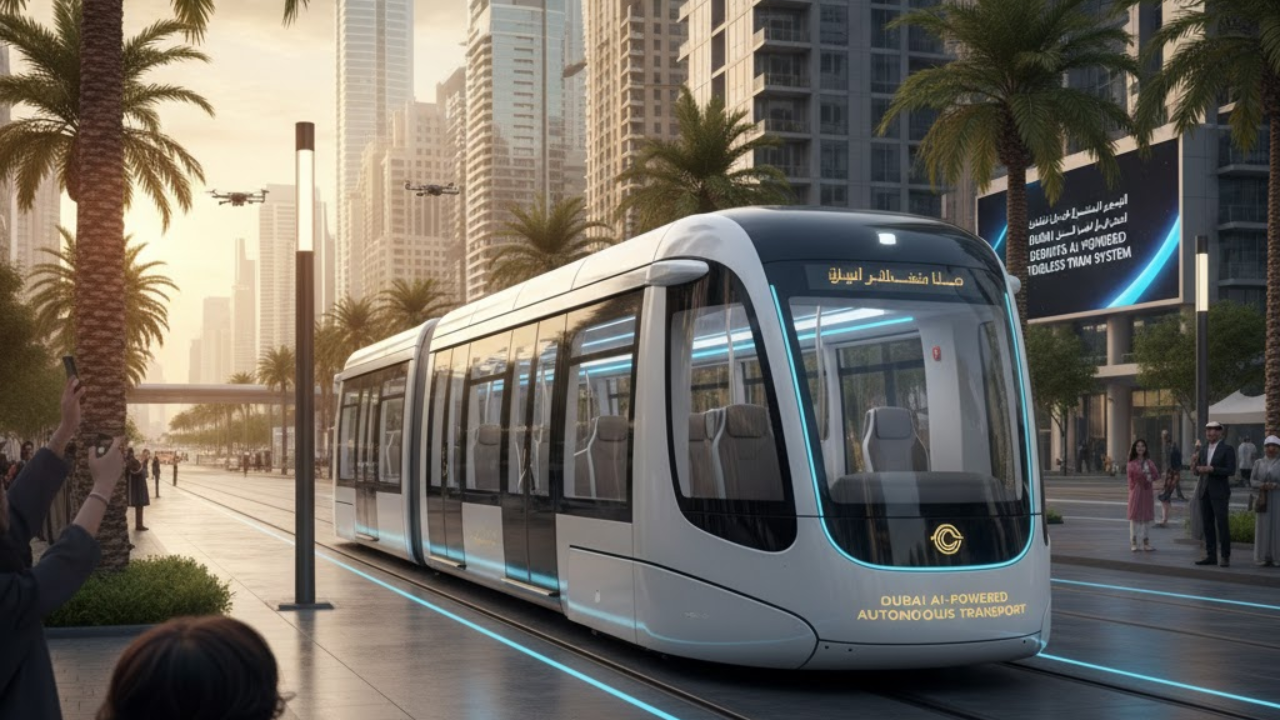
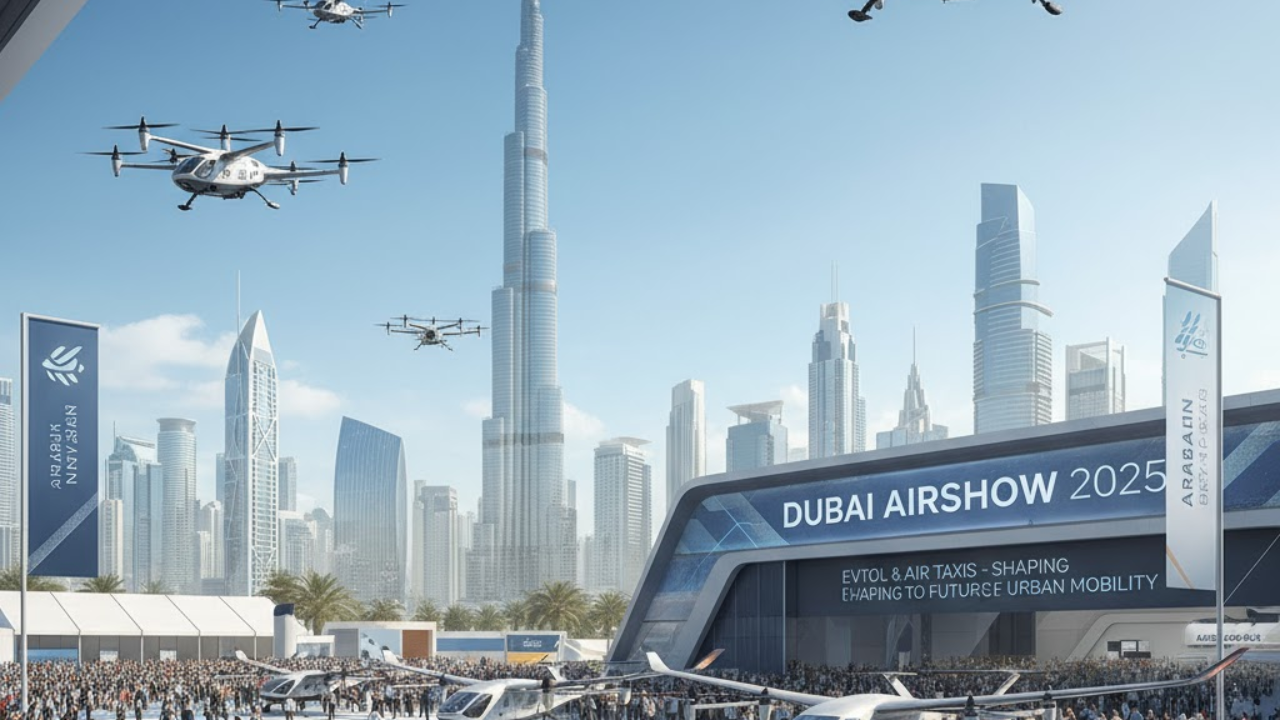
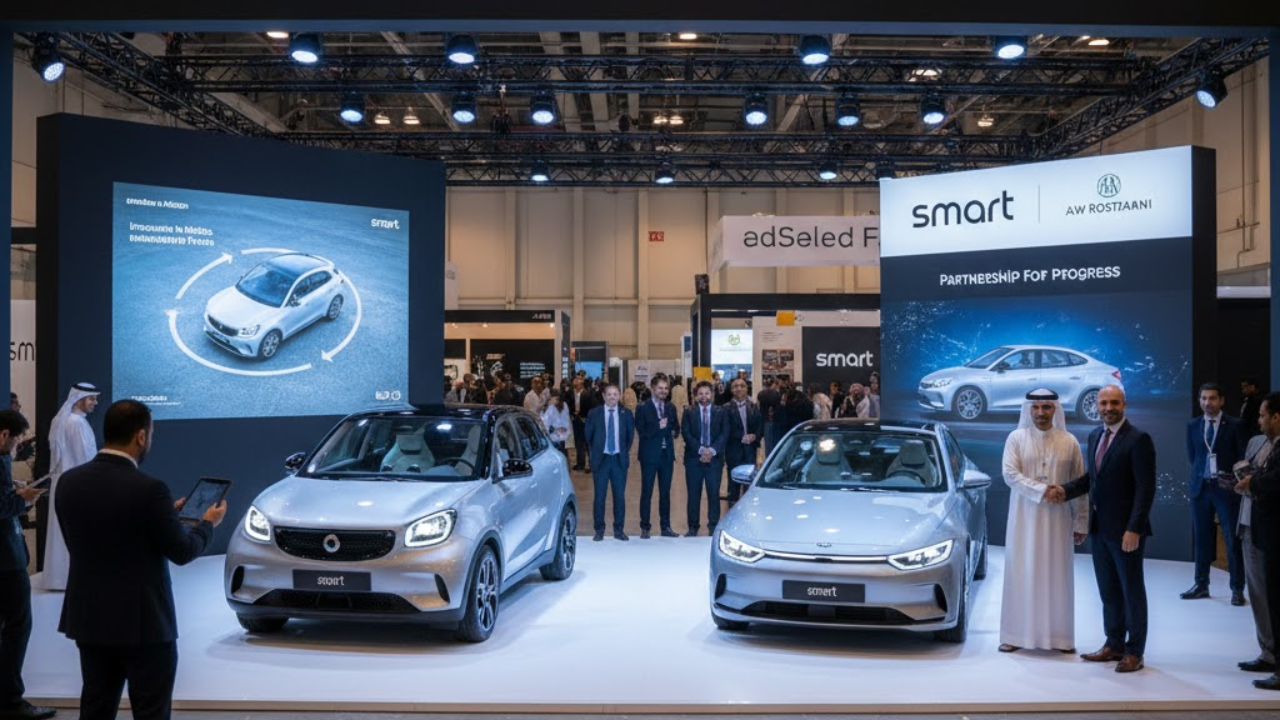
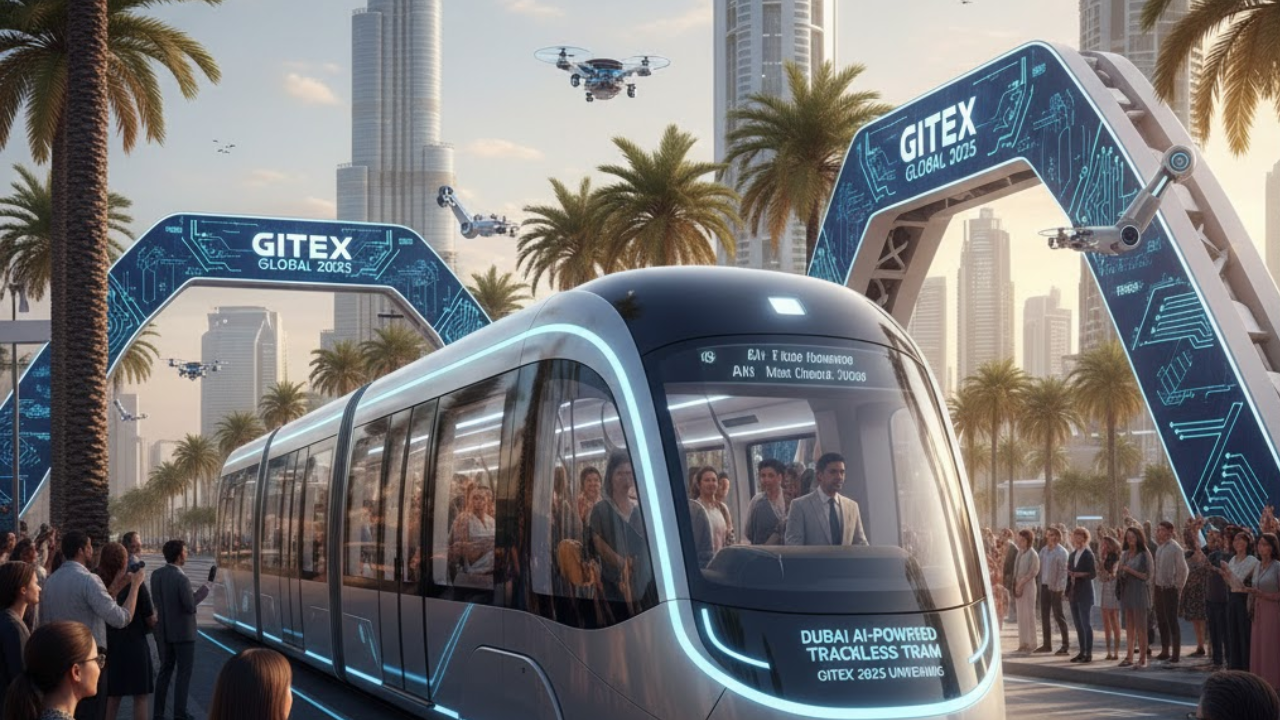
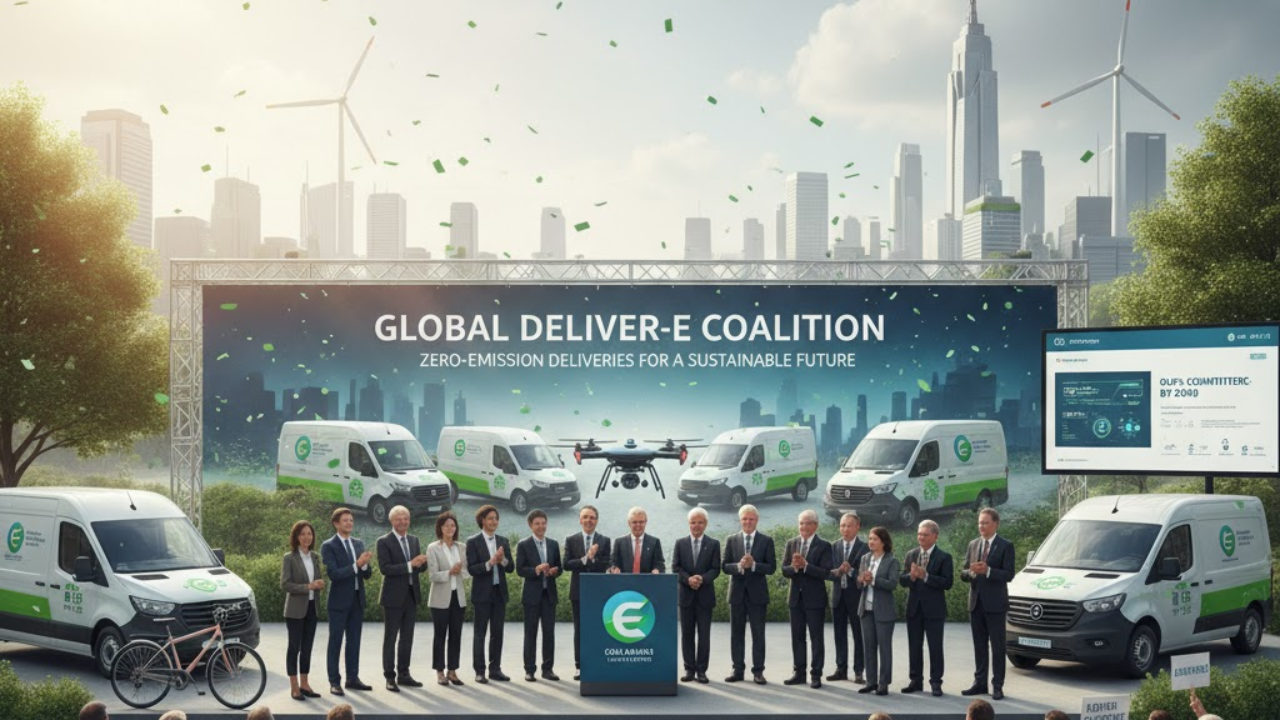
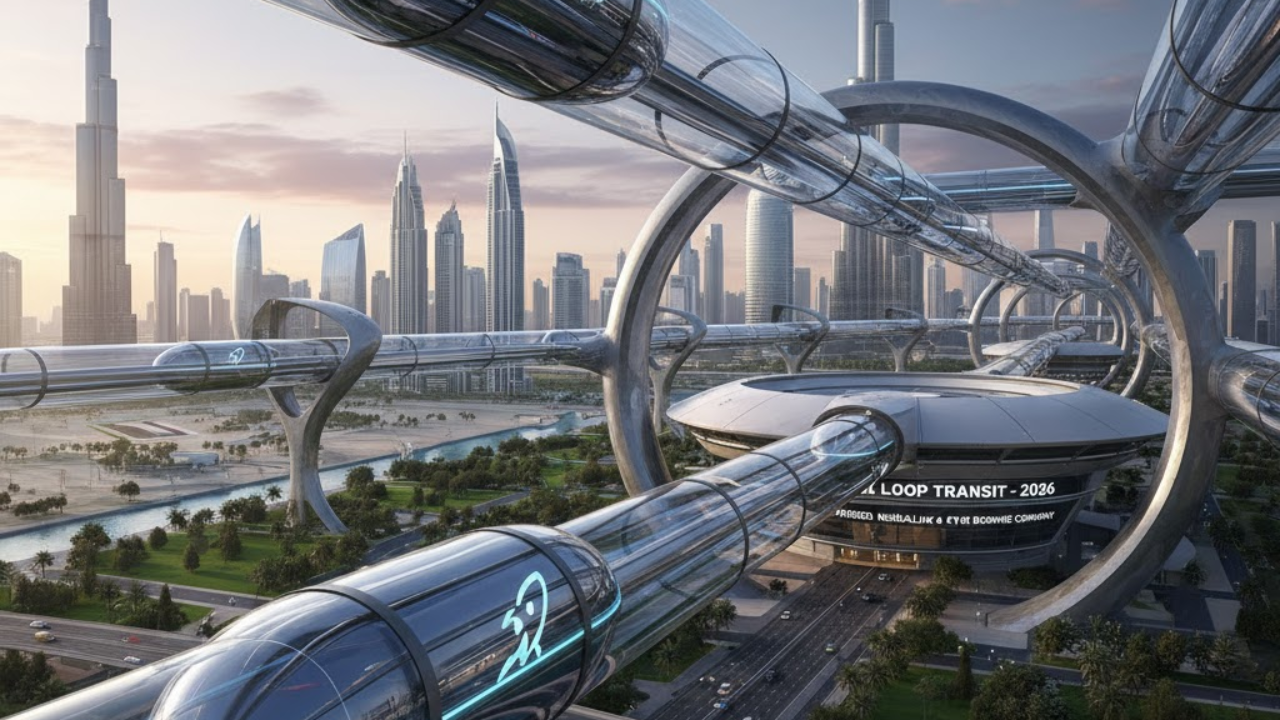

Bengaluru-Mumbai Superfast Train Approved After 30-Year Wait
Railways approves new superfast train connecting Bengaluru and Mumbai, ending a 30-year demand, easi

Canada Post Workers Strike Halts Nationwide Mail and Parcel Services
Canada Post halts operations as CUPW strike disrupts mail and parcel delivery nationwide amid disput
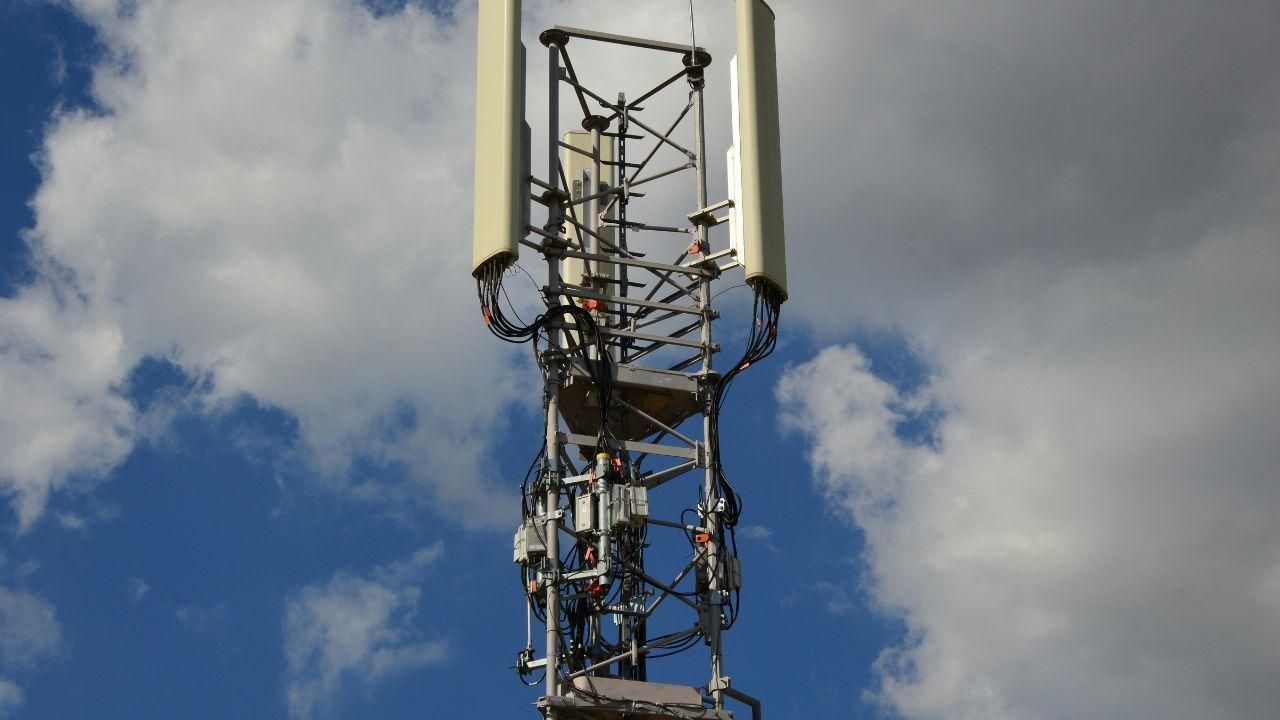
PM Modi Launches BSNL ‘Swadeshi’ 4G Network, 97,500 Towers Built
India enters global telecom league as PM Modi inaugurates BSNL’s indigenous 4G, connecting 26,700 vi
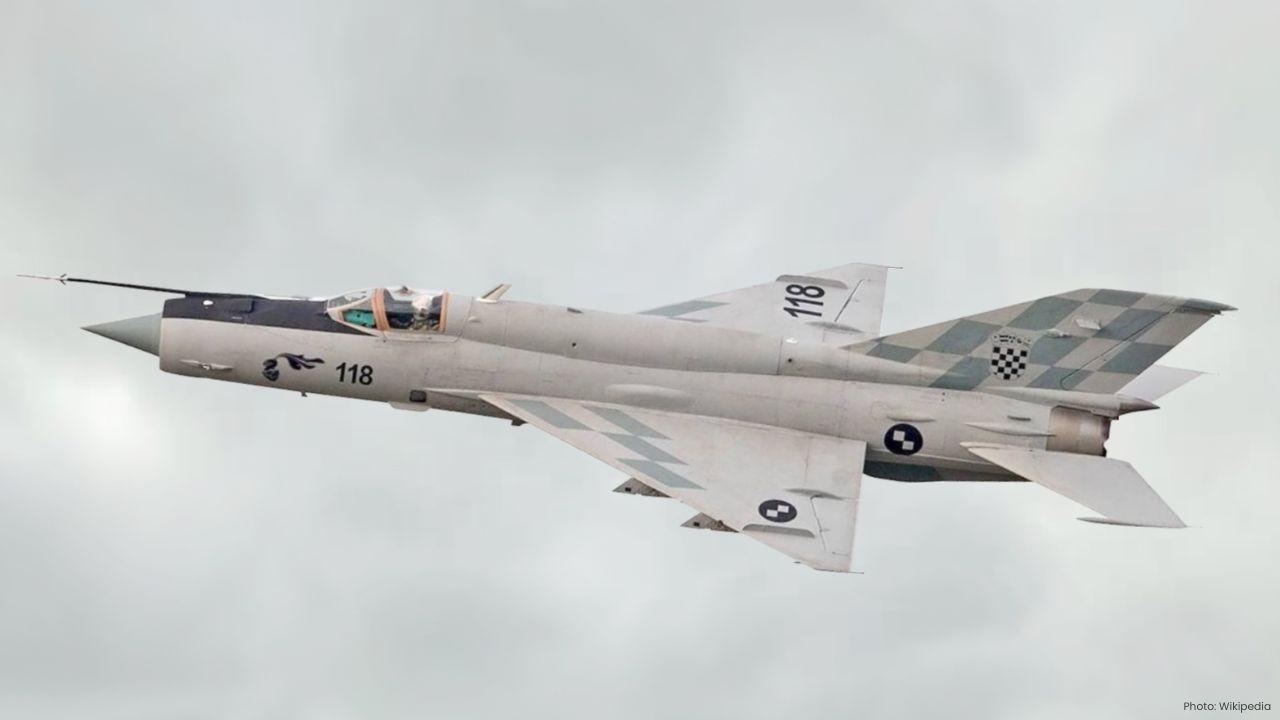
India’s Iconic MiG‑21 Takes Final Flight After Six Decades of Service
After 60 years India retires its MiG‑21 fighter jet, a legendary yet controversial warplane marking

Hindustan Zinc unveils AI hotspot monitoring at Debari smelter
Hindustan Zinc launches AI-powered Switchyard Hotspot Monitoring at Debari smelter to cut outages bo

Chinese experts worked inside sanctioned Russian drone plant
Chinese drone specialists visited IEMZ Kupol supplying parts and drones via intermediaries, deepenin